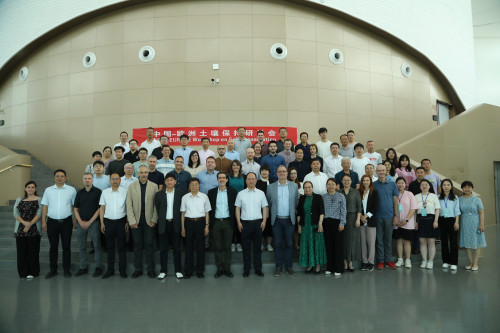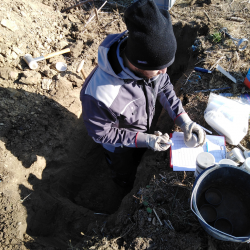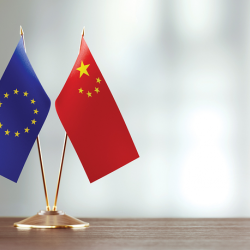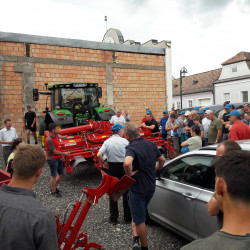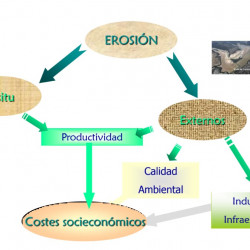TUdi’s European and Chinese partners meet for the first time at General Assembly in Yangling, China
For the first time since the start of the project, TUdi’s European and Chinese partners met face-to-face for this year’s General Assembly in the Yangling district of the city of Xianyang, Shaanxi province, China. The meeting took place between 11 and 16 June 2023 and it was attended by over 30 project partners, relevant stakeholders and farming practitioners.
After a warm welcome by the hosts at the Northwest A&F University (NWAFU), TUdi’s European partners went on an organised visit to Machaoling experimental station in Yangling where they observed different irrigation systems, fruit trees and soils.
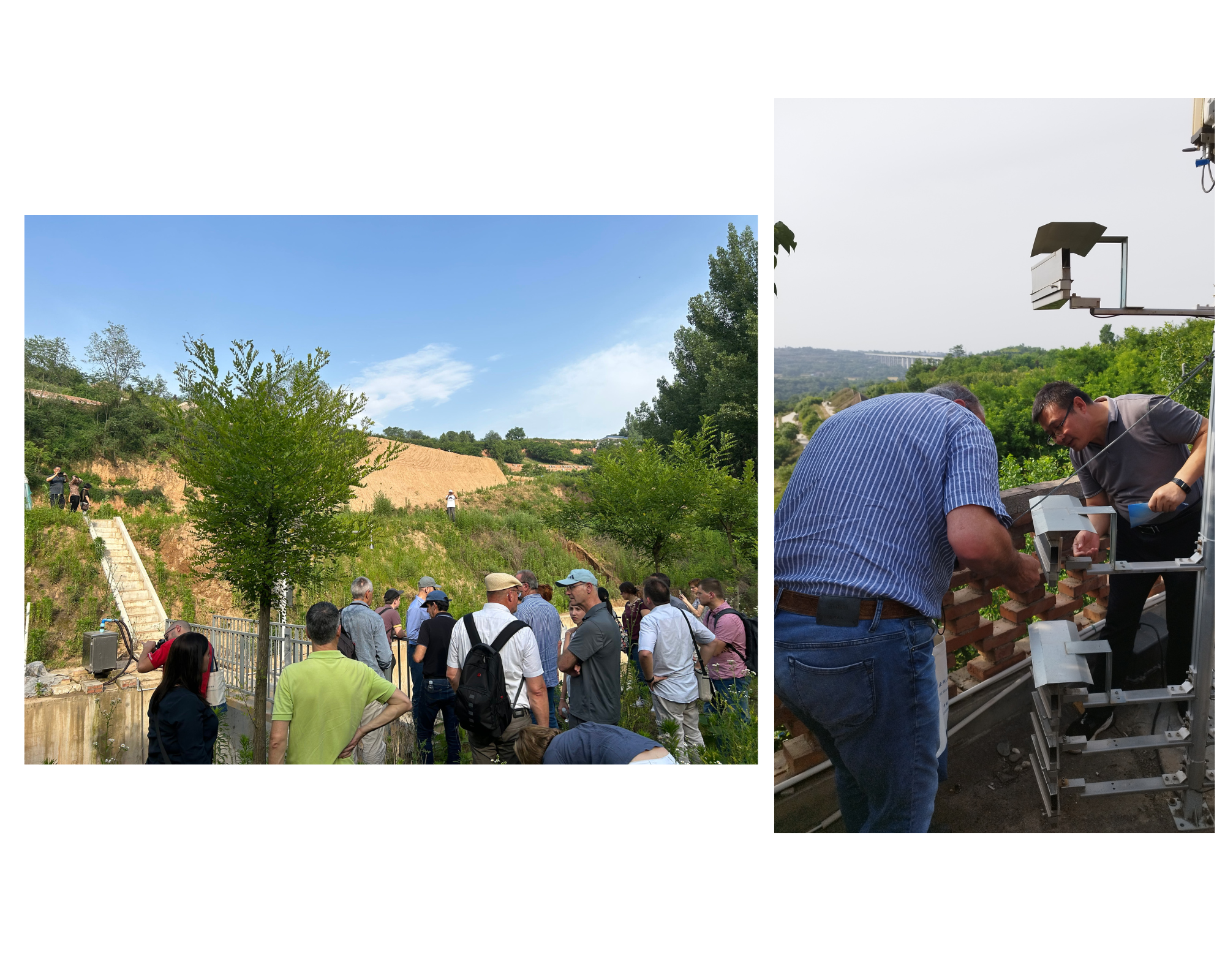
TUdi’s project partners on a visit at Machaoling experimental station
The following day was dedicated to the formal China-Europe Conference on Soil Conservation, organised by NWAFU, the ANSO World Mollisols Association and the Soil Science Society of Shaanxi took place in Yangling, where Chinese and European experts were able to exchange expertise on challenges they face in the research on soil management practices.
China and Europe face the joint challenge of increasing yield and the quality of produced food balancing this with the need to enhance the provision of ecosystem services from agricultural areas and improving rural livelihoods. Improving the use of soil and water resources is at the core of this transversal challenge, encompassing all kinds of agricultural systems.
The conference began with a welcoming address by the vice president of NWAFU and a speech by the president of ANSO World Mollisols Association Dr. Xiaobing Liu who thanked TUdi, as it provides an opportunity for the Chinese scientists to establish a productive collaboration with their European colleagues.
Afterwards, project coordinator Dr. José Gomez gave a speech on soil’s relationship with the environment, saying that “we need to put science into practice” and that “lasting collaborations are critical” for the future of soil health.
Furthermore, the Chinese and European sides, represented by NWAFU and CSIC, signed a Memorandum of Understanding as a symbolic document for their future and, hopefully, long-lasting collaboration.
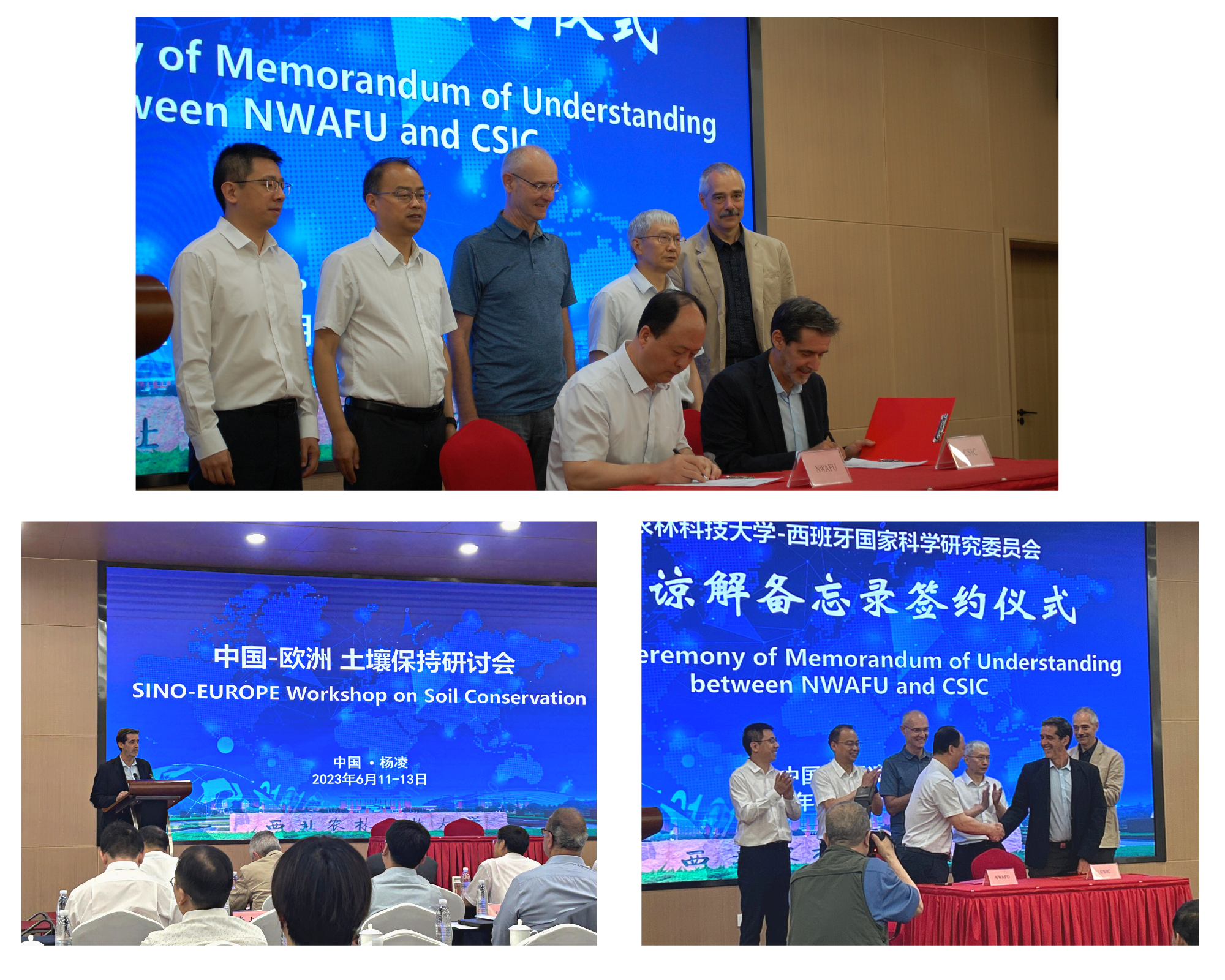
The signing ceremony of the Memorandum of Understanding between NWAFU and CSIC
The conference continued with five blocks of presentations given by both the European and Chinese project partners. The blocks were moderated by Chinese and European experts from institutions such as NWAFU, Beijing Normal University, BOKU, Czech Technical University, IAS-CSIC and IFAPA. The blocks included presentations such as “Soil erosion - means vs. extreme rates”, “Soil conservation and ecosystem restoration on the Loess plateau - benefit and prospects”, “70 years of soil erosion monitoring in the Hydrological Open Air Laboratory (HOAL) Petzenkirchen” and “Erosion energy and regulation of runoff in watersheds”, “Chinese Mollisols: Opportunities and Challenges”. The first day of the meeting concluded with an overall discussion between all conference participants.
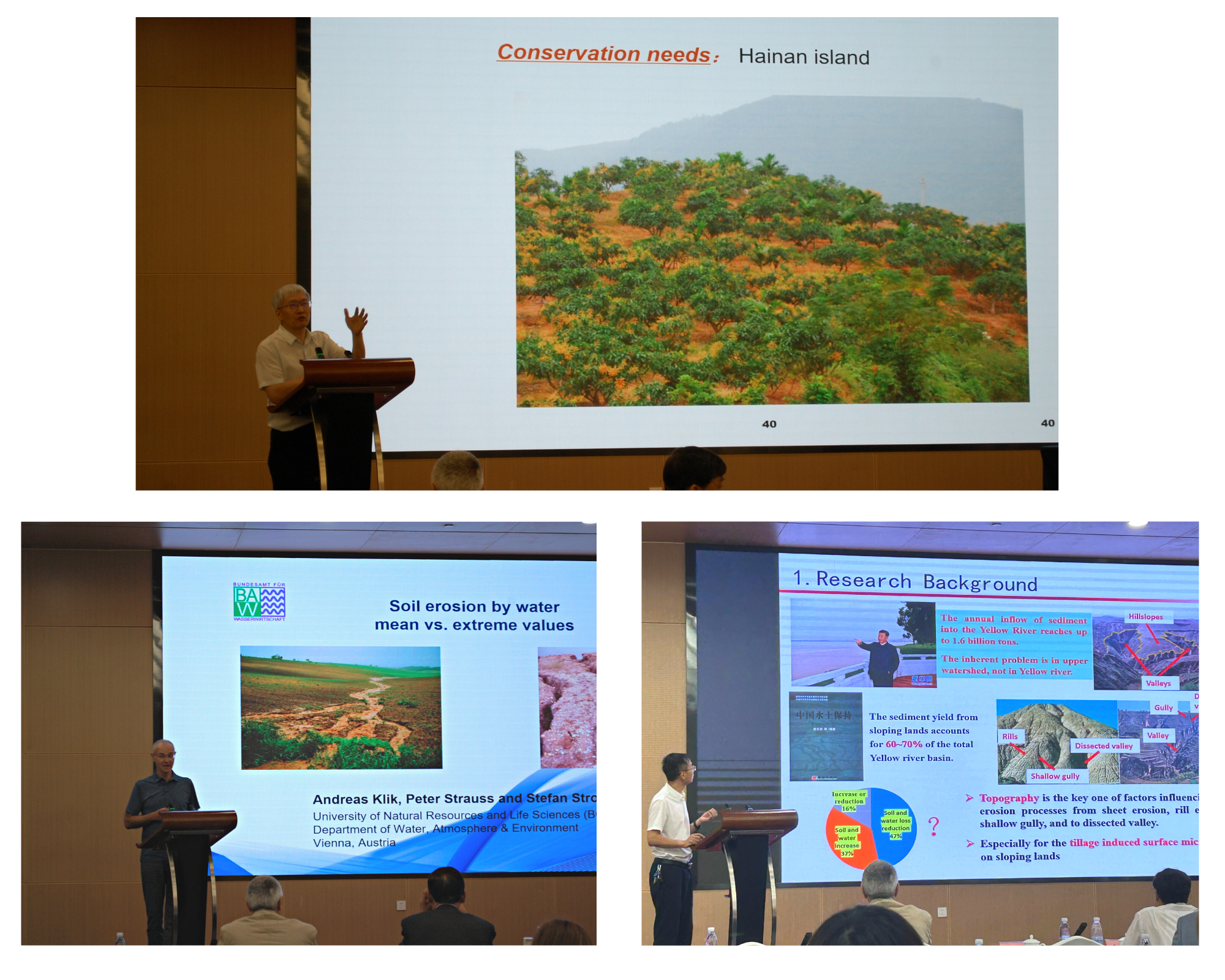
Presentations from the first block of the conference
On the second day of TUdi’s General Assembly in China, the project partners visited the Institute of Soil and Water Conservation where they were shown several demonstrations for prevention of gully erosion and different underground irrigation systems.
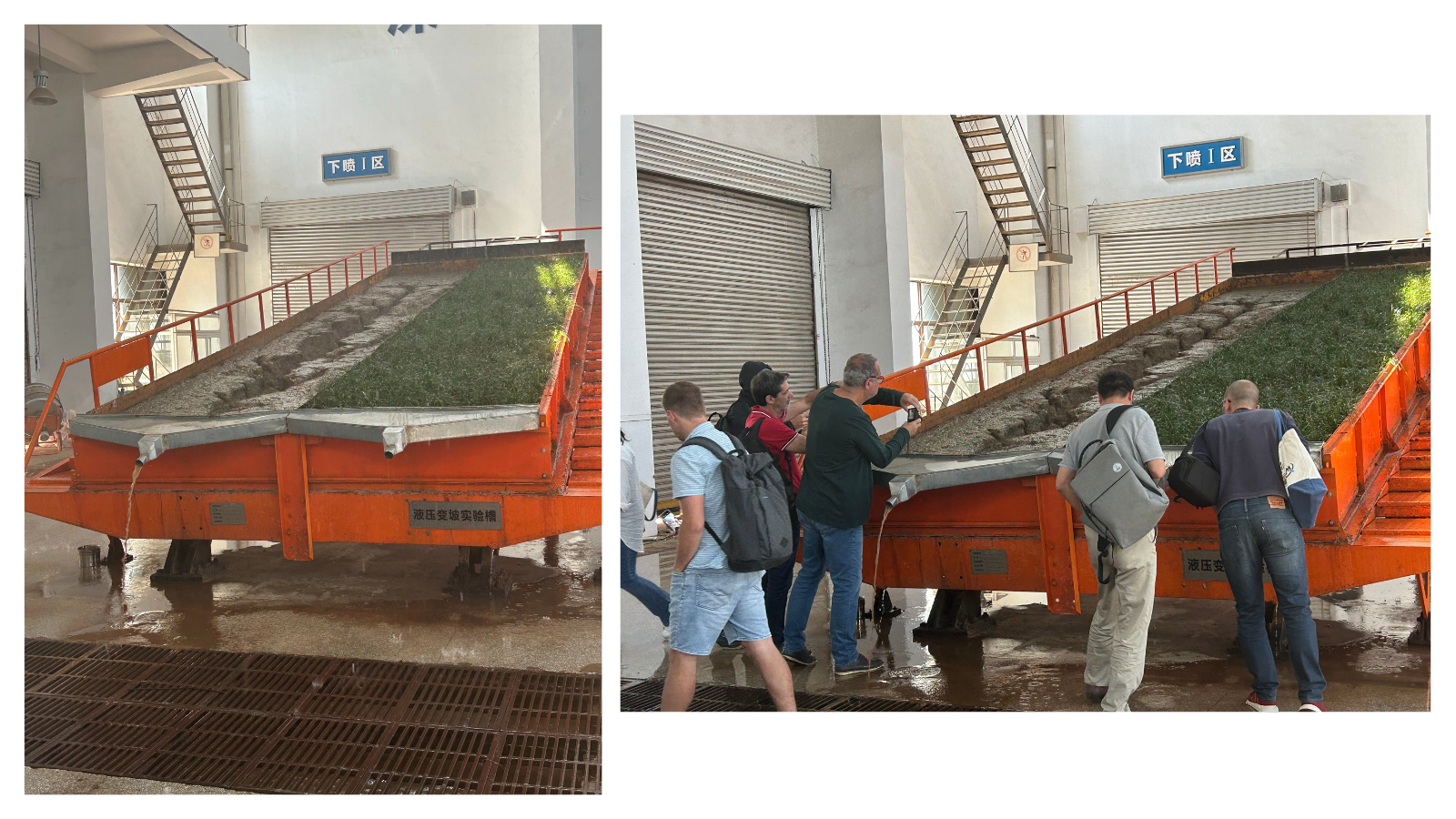
TUdi’s partners witness a demonstration on prevention of gully erosion in the Institute of Soil and Water Conservation
After the demonstrations, the General Assembly participants gathered for presentations on the updates of some of the Work packages by their leaders from the Chinese side of TUdi.

TUdi’s GA participants attend a Work package update session at the Institute of Soil and Water Conservation
During the third day of the meeting, all participants travelled to the Changwu State Experiment Station. There they were welcomed by prof. Yuanjun Zhu, the vice director of the station, who showed them the different crops, trees and soil management techniques at the station. Prof. Zhu also answered some questions on the soil problems and solutions in the area of the Changwu State Experiment Station.
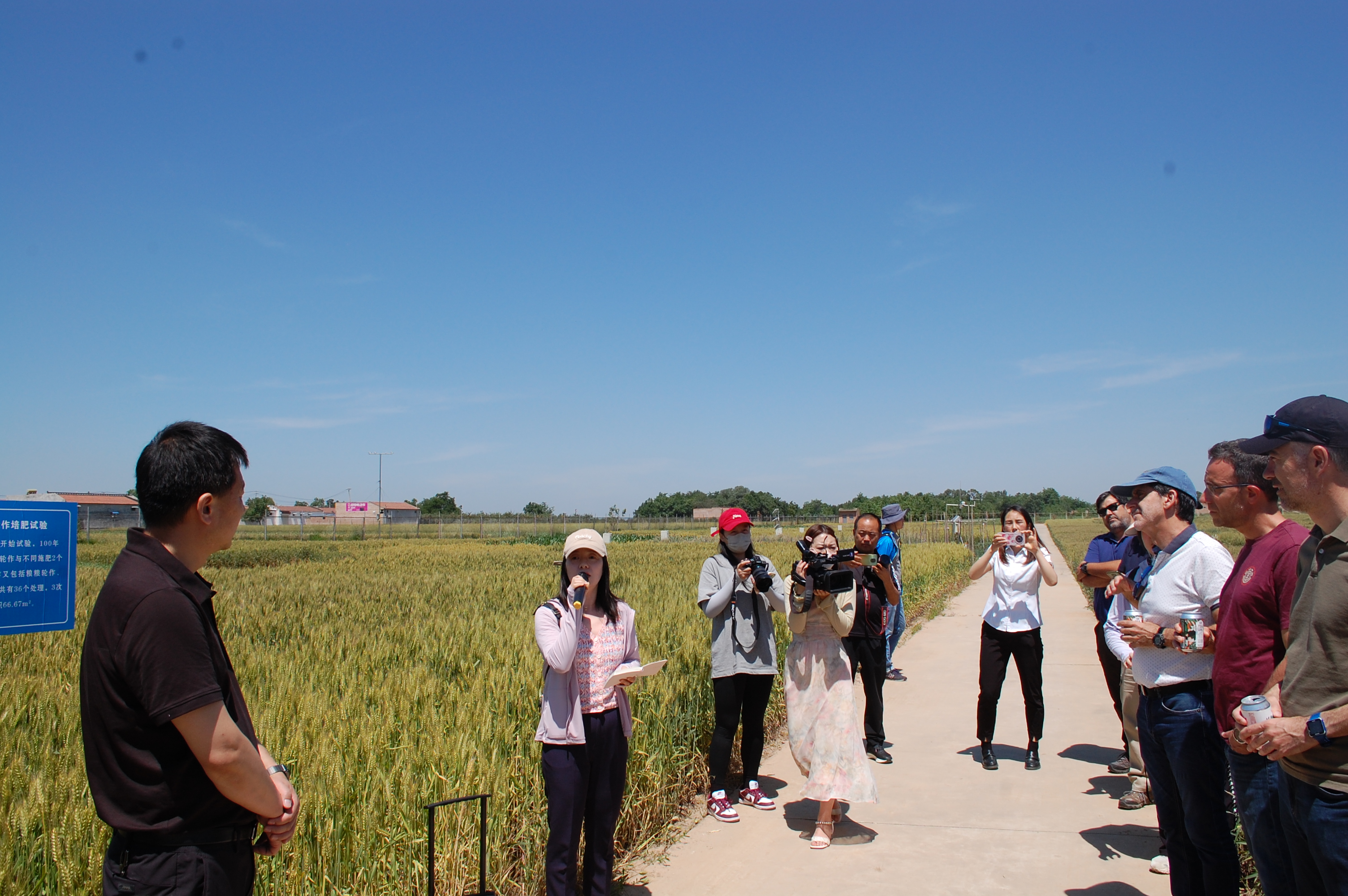
Prof. Yuanjun Zhu welcomes TUdi’s project partners at Changwu State Experiment Station
The next day of the General Assembly started with a visit to a group of slope experimental plots in the Ansai Station, where prof. Guoliang Wang, the director of the station, showed project partners different crops and soil preservation mechanisms.
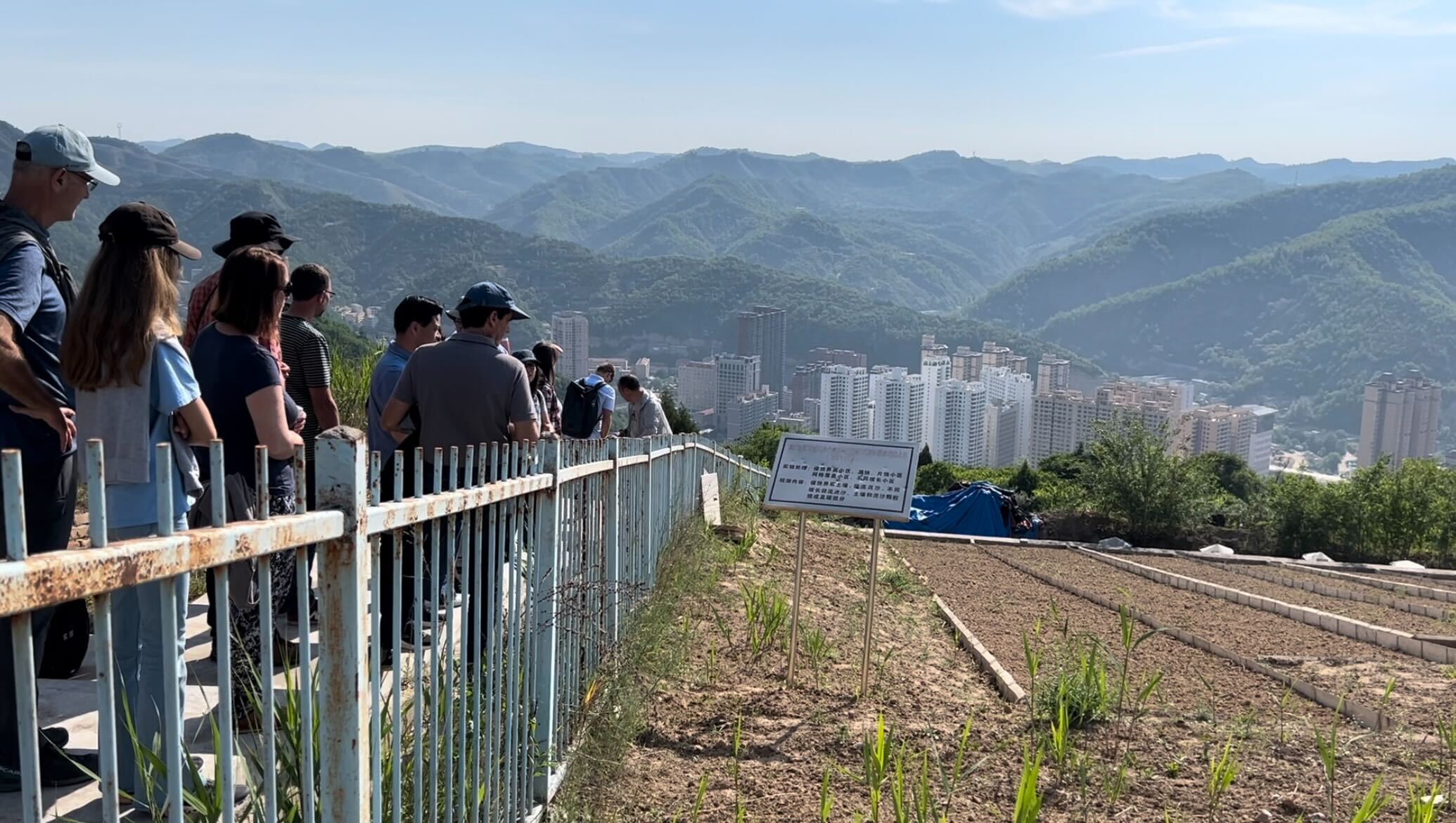
Project partners observe group of slope experimental plots in the Ansai Station
Afterwards the participants travelled to Luochuan where they visited the Merrycall Jingzhao apple orchard and the Luochuan Apple Experiment Station of NWAFU, where they were welcomed by the director of the station professor Yangjun Zou.
The final day of the General Assembly concluded the meeting with presentations by WP leaders on the upcoming tasks and challenges of each work package. This marked the end of TUdi’s visit in China and concluded this year’s General Assembly in Yangling. An essential step to the success of the project, this Assembly brought European and Chinese scientists together where they had valuable interactions, productive discussions and laid the groundwork for the upcoming collaboration on soil restoration between the two continents.
